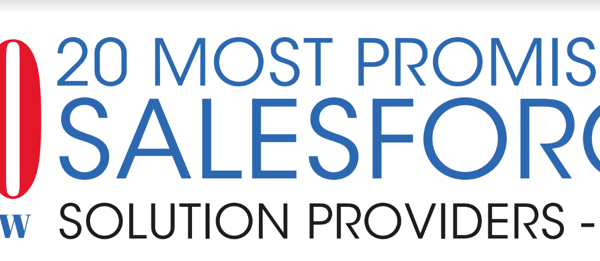1. Identify and agree on Goal and Objectives
In any meeting the goal and the objectives have to be defined and clearly articulated to the attendees. Not only does everyone need to know the goal and objectives they must be agreed upon. This will allow the conversation to be steered in the right direction and keep everyone focused. You have to determine by the end of the meeting if the goal and objectives were met and if they weren’t met, why they weren’t met.
2. Identify all the attendees Role and Stance
Having a meeting and not knowing all the attendee’s roles and stances, is like popcorn with no salt or butter. It just doesn’t hit the spot. An attendee’s role and stance can assist you in creating your strategy to bring them to your side or to help assist you in championing your proposal and closing the deal. In addition it’s virtually impossible to say you’re going to close a deal within a month after having a couple of meetings and not identifying the decision makers. “Who are the decision makers?” is normally the first question asked by successful sales reps and their management team.
3. Document the meeting
This may seem very basic, but you would be surprised how many times this is not done to the degree needed to make tactical and strategic decisions. Documenting the meeting is not only taking notes, but capturing the complete meeting. This can include capturing anything written on the white board, the levels of participation of the meeting attendees, or in this age of ubiquitous smart device cameras, pictures of people and objects in the meeting. The notes don’t have to be the full novel, they can be the abridged version of the story of the meeting.
4. Assign Next Steps or Action Items
Every meeting should have at least one Next Step or Action Item. One example can be as basic as “Schedule Next Meeting”. A Next Step or Action Item will help drive the next meeting dialog or spark action in an individual. If you don’t leave the meeting with at least one of the above, this can put you and the customer in limbo.
5. Distribute the meeting report
It should go without saying that you have to distribute the meeting report to the attendees and others with a vested interest in the meeting, like your management team. There should be two types of reports, Public and Private. Though it can be problematic and painful to distribute the reports, it is a key aspect in a successful meeting. The report should be concise and easily digested by the recipients. The Public report is meant for all attendees and interested parties. The Private report is intended solely for the internal team (e.g. Sales Management.) The Private report will include such information as the Role, Stance and Level of Participation of the meeting attendees and will include any notes intended only for the internal team.
6. Update your CRM with the ‘Actionable Intelligence’
The information from the meeting must to be added to your CRM system. This information is the basis for your success strategy. The updating of this activity in your CRM system is critical for management’s revenue forecasting and account planning. Maintaining information of your interactions and meetings with your customer and potential customers is one of the core reasons for a CRM system.




Indeed you have hit the nail on the head with this! So many meetings are held just to be held, that they lose their sizzle…If there are real measurable goals and needs for a meeting, information/strategy to be shared, then great! Also, to leave a meeting without action items to be followed up on, it is then, in my mind, not a productive interaction! Document each meetings is key…It was Tony Robbins who said “a life worth living is a life worth recording” Here to document what happened to go back later, even 3/6/9 months with the team to show progress, or lack of progress is so important to get the best out of everyone!
Thanks for your post!!
Ted
Create A Great Day!
Ted Korbel
Korbel Partners, Inc.
508.864.5089
http://www.linkedin.com/in/tkorbel
Why have a CRM if you do not record meeting notes, yet I see it more than I’d like to. Account Managers that do not record notes really miss out on communicating client/prospect needs to the rest of the organization.